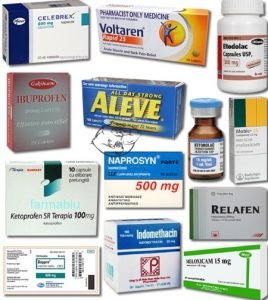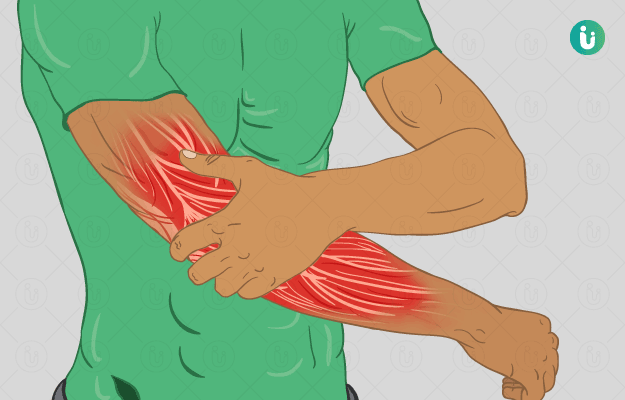
Inflammatory muscles can be treated with anti-inflammatory medications. These medicines can help the muscles recover from injury or surgery. These include acetaminophen and nonsteroidal anti-inflammatory drugs (NSAIDs). However, you should consult a physician before using these medications for muscle inflammation, because they can interfere with the repair process. Some NSAIDs can cause stomach upset, and some people with certain conditions should avoid them.
NSAIDs, which are commonly prescribed to treat muscle inflammation, are often recommended by doctors, as they are easily available and do not carry as many side effects. These medications target the symptoms of the injury, such as swelling and aching. Although these medicines are not as powerful as prescription drugs, they do relieve the pain and improve range of motion. In addition, OTC NSAIDs are often recommended by physicians before they recommend stronger treatments.
NSAIDs, such as acetaminophen, are commonly used for inflammation. These medications are effective in decreasing pain and inflammation. These medications may be used alone or in combination with a muscle relaxant, such as Tylenol. Unlike NSAIDs, these drugs have fewer side effects and are often the first choice for people suffering from muscle inflammation. But these medicines can only be effective when they are taken by a medical professional.
NSAIDs are a type of anti-inflammatory drug (NSAID). They reduce pain and inflammation and are useful for a variety of conditions, including muscle pain, headaches, osteoarthritis, and fever. Both acetaminophen and naproxen may cause stomach upset and do not relieve inflammation. While ibuprofen and naproxen may not work as well for muscle aches, they will provide relief from the symptoms.
NSAIDs are commonly used by athletes. These drugs can reduce pain and inflammation in muscles, joints, and tendons. They are effective in reducing inflammation, but may have side effects. In addition to medications for muscle inflammation, many athletes use anti-inflammatory drugs to treat soft tissue injuries. NSAIDs can be harmful, so it’s important to know when and how to take them. For example, acetaminophen should not be used while playing.

OTC NSAIDs are effective in reducing inflammation around an injury. Although they are not as effective as full-blown muscle relaxants, they are widely used for muscle and body pain. Even though they have a few side effects, over-the-counter NSAIDs can be very helpful. Your doctor may prescribe NSAIDs if they are not indicated for your specific situation. They can also be used to prevent inflammation in an injured muscle.
Over-the-counter NSAIDs are similar to ibuprofen. These are NSAIDs that reduce inflammation. They are commonly used for muscle pain, headaches, osteoarthritis and fever. They are both effective for muscle aches and pains, but you should check with your doctor before using an over-the-counter NSAID. Site ecoehomes.com may recommend an over-the-counter muscle relaxant, but it will only work for a short time.
NSAIDs are commonly used for muscle inflammation. They can reduce pain and help muscles recover from injury. They are available at your local pharmacy, so you can get them from there. These medicines can help you with a variety of pains, including muscle injuries. You may also find that over-the-counter NSAIDs help reduce inflammation around the injury. They do not have the same potency as NSAIDs, but may still be useful.
NSAIDs can also reduce inflammation in the muscles. NSAIDs reduce inflammation in the muscles and can be used for muscle pain, fever, and osteoarthritis. They can be used for bodily and muscle pain. Most of them are readily available and can be found in your first aid kit. They can also be combined with acetaminophen, which is a common fever medication. These medications will help with the pain, but do not treat the inflammation itself.
NSAIDs are non-steroidal anti-inflammatory drugs that are used to treat pain and inflammation. They can be used for menstrual cramps and minor injuries, and they can also be prescribed for a variety of conditions. They may be effective in the treatment of chronic fatigue syndrome, fibromyalgia, and other inflammatory myopathies. They may be prescribed by a NYU Langone physician to patients with varying degrees of pain, but they are not suitable for all conditions.